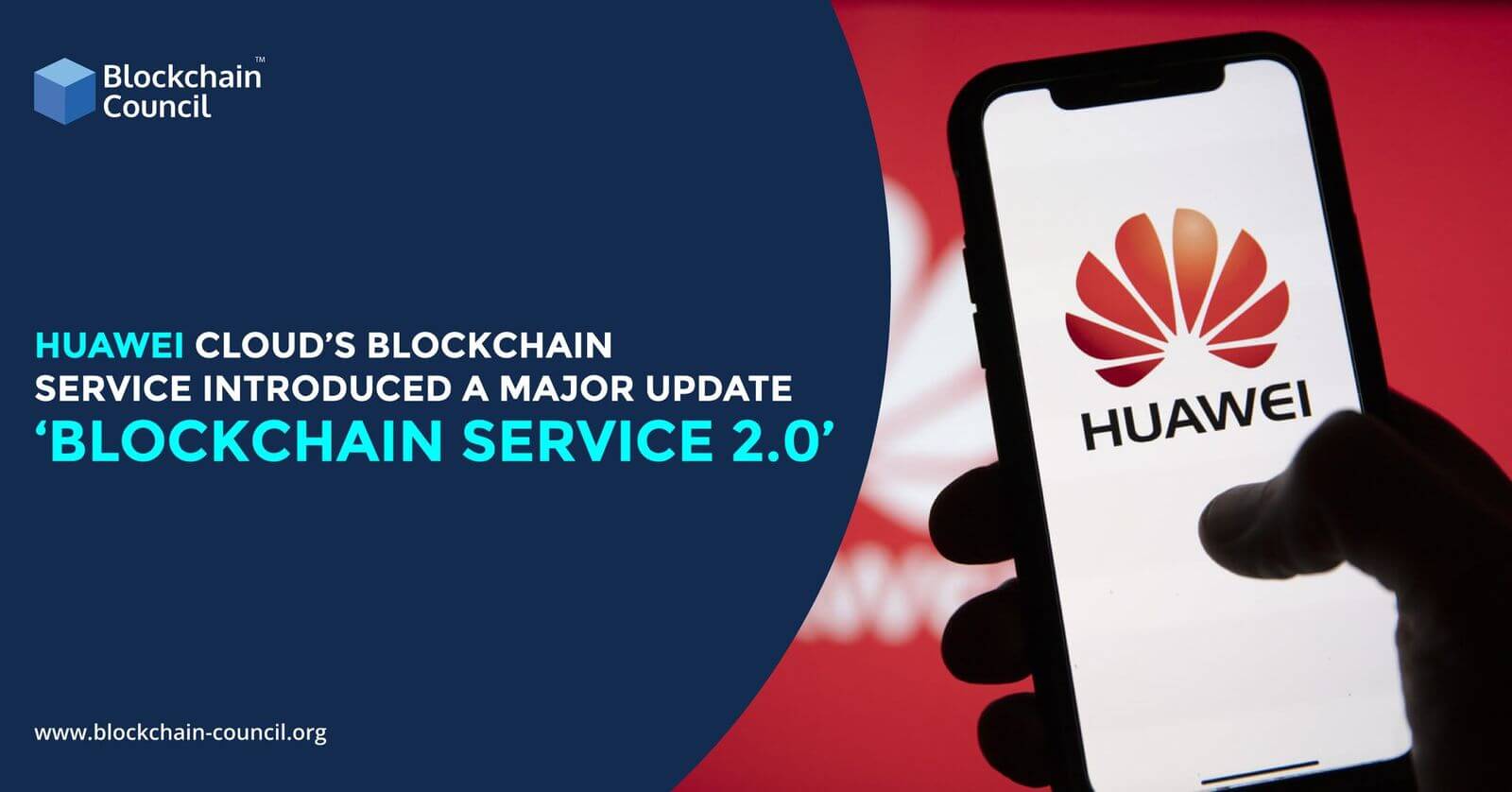
- Toshendra Kumar Sharma
- November 17, 2018
In the ten years that Bitcoin has existed, one of the main challenges Blockchain Technology has faced is the of adoption in the real world. During the early days of Bitcoin, the only way to operate a wallet was to be familiar with a command line interface which is clearly beyond the capabilities of 99% of the world’s population. Top blockchain experts have argued since those days that the best way to boost adoption is to make blockchain applications as intuitive and readily available as possible. Blockchain powered smartphones are a great choice to bridge the gap between the tech designers and the vast majority of users. Here’s a look at some of the top blockchain powered smartphones and their strengths.
Why Do We Need Blockchain Smartphones?
Cryptocurrencies are most effective when people can use them for everyday transactions without the fear of their tokens getting stolen. Blockchain wallets available for smartphones are generally considered less secure than dedicated cold storage hardware wallets such as the Ledger Nano S and Trezor wallets. However, these hardware wallets cannot function independently and will surely need a desktop/laptop. How Blockchain powered smartphones can help:
-
Blockchain powered smartphones can bridge the gap between smartphones and hardware wallets by employing a secure chip inside the phone to store the private key to make sure it never leaves the device.
-
These smartphones ensure that the users get the safety of hardware wallets while at the same time providing users with the ease and comfort of making transactions from their smartphones.
-
Keeping private keys on a secure chip not only allows for offline transactions between cryptocurrency users but also allows users to run more nodes for the network. Currently, the number of nodes for blockchain networks are limited by the number of users with the knowledge and hardware required to run a node. HTC’s blockchain team wants their smartphone to double or even triple the number of nodes in the Bitcoin network.
-
Blockchain smartphones can make cryptocurrencies much more accessible to people with limited or no understanding of blockchains as the user experience can be simplified similar to other payment apps like Venmo and Paytm.
-
The main hurdle in achieving a big audience for such phones is their price. The flagship blockchain smartphone, Sirin Labs’ Solarin costs an astounding $14000! Similar to first gen products of other tech, prices are high and inventory low.
Notable Blockchain Smartphones
-
Sirin Labs Solarin – The first blockchain powered smartphones that made headlines because of its expensive $14,000 price tag. The Solarin is built from military grade materials and is designed to withstand every natural or man-made calamity. Sirin Labs partnered with KoolSpan to integrate chip-to-chip 256-bit AES encryption in this phone, the same tech that militaries around the world use for communication. Despite the high price tag, the phone ships with some dated specs like the Qualcomm Snapdragon 810, which is outdated by today’s standards.
-
HTC Exodus – HTC’s Exodus comes with a secure storage area kept separate from the Android system that runs on the phone to protect users’ cryptocurrency. The good thing about the Exodus is that it is priced in cryptocurrency as opposed to Dollars. HTC Exodus has 6 GB of RAM and runs on the Qualcomm Snapdragon 845 which is one of the best smartphone processors in the world right now. It is available for pre-order at a price of 0.15 bitcoins or 4.78 ether which translates to roughly $960.
-
Sirin Labs Finney – Another offering from Sirin Labs which is priced at a more competitive level around $1000. Sirin Labs raised over $100 million in their public ICO thanks to big celebrity endorsements such as Lionel Messi’s endorsement. They used the money from the ICO to develop the Finney Phone throughout two years to provide the best in class blockchain smartphone loaded with top of the line specs such as Snapdragon 845 combined with secure computation chip for handling cryptocurrency transactions. The Finney Phone runs on Sirin OS which has an in-built cold storage wallet for keeping cryptocurrencies safe and also has a decentralised application centre.





































































 Guides
Guides News
News Blockchain
Blockchain Cryptocurrency
& Digital Assets
Cryptocurrency
& Digital Assets Web3
Web3 Metaverse & NFTs
Metaverse & NFTs
